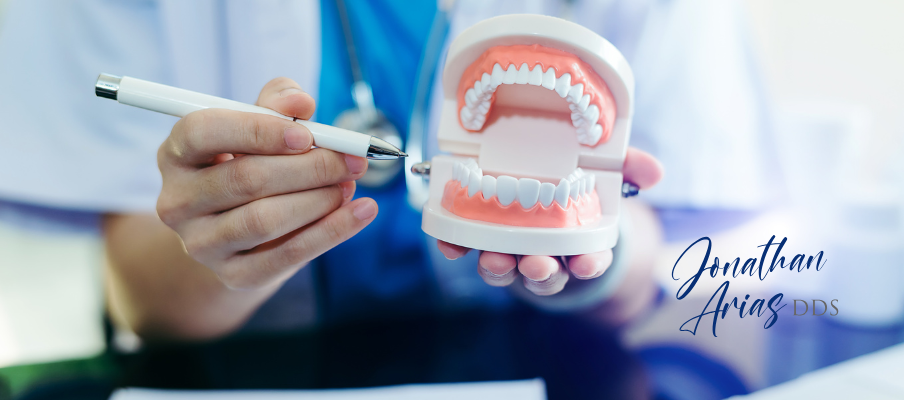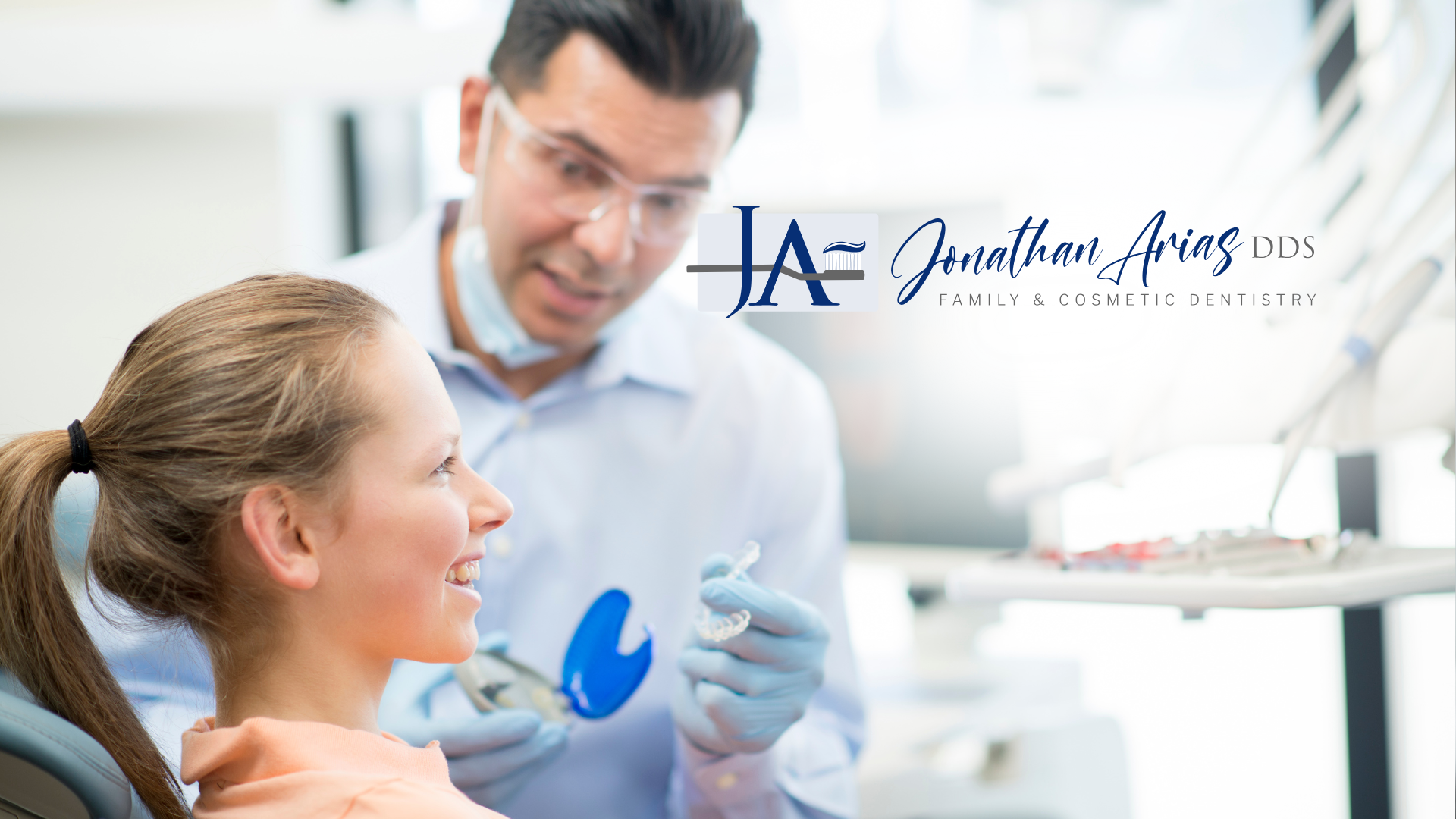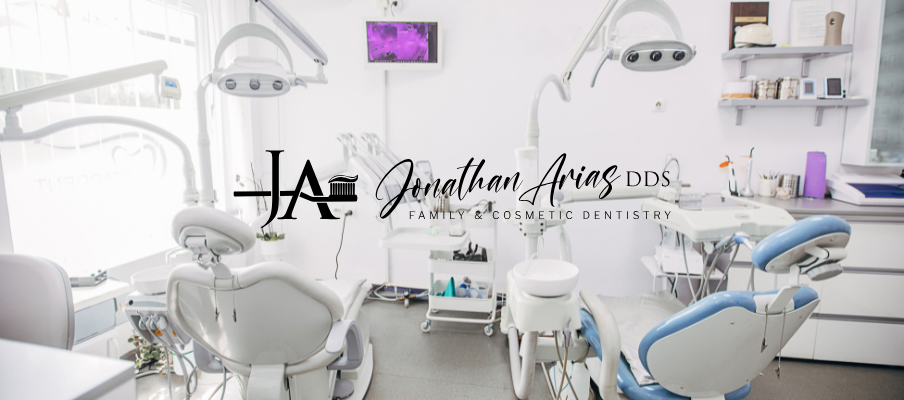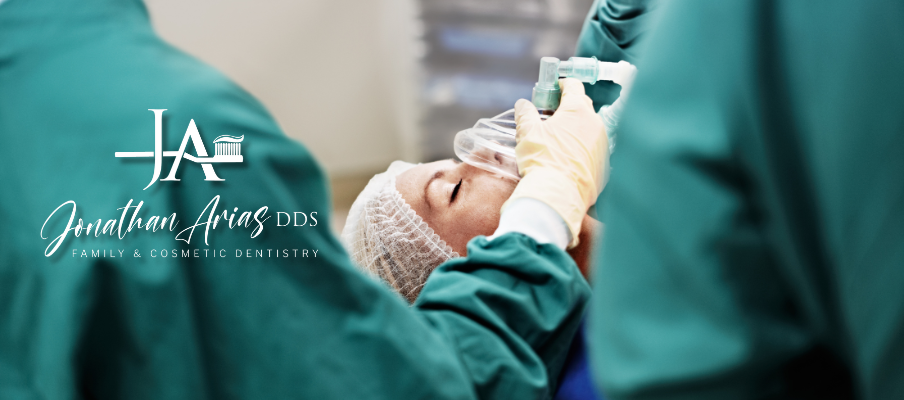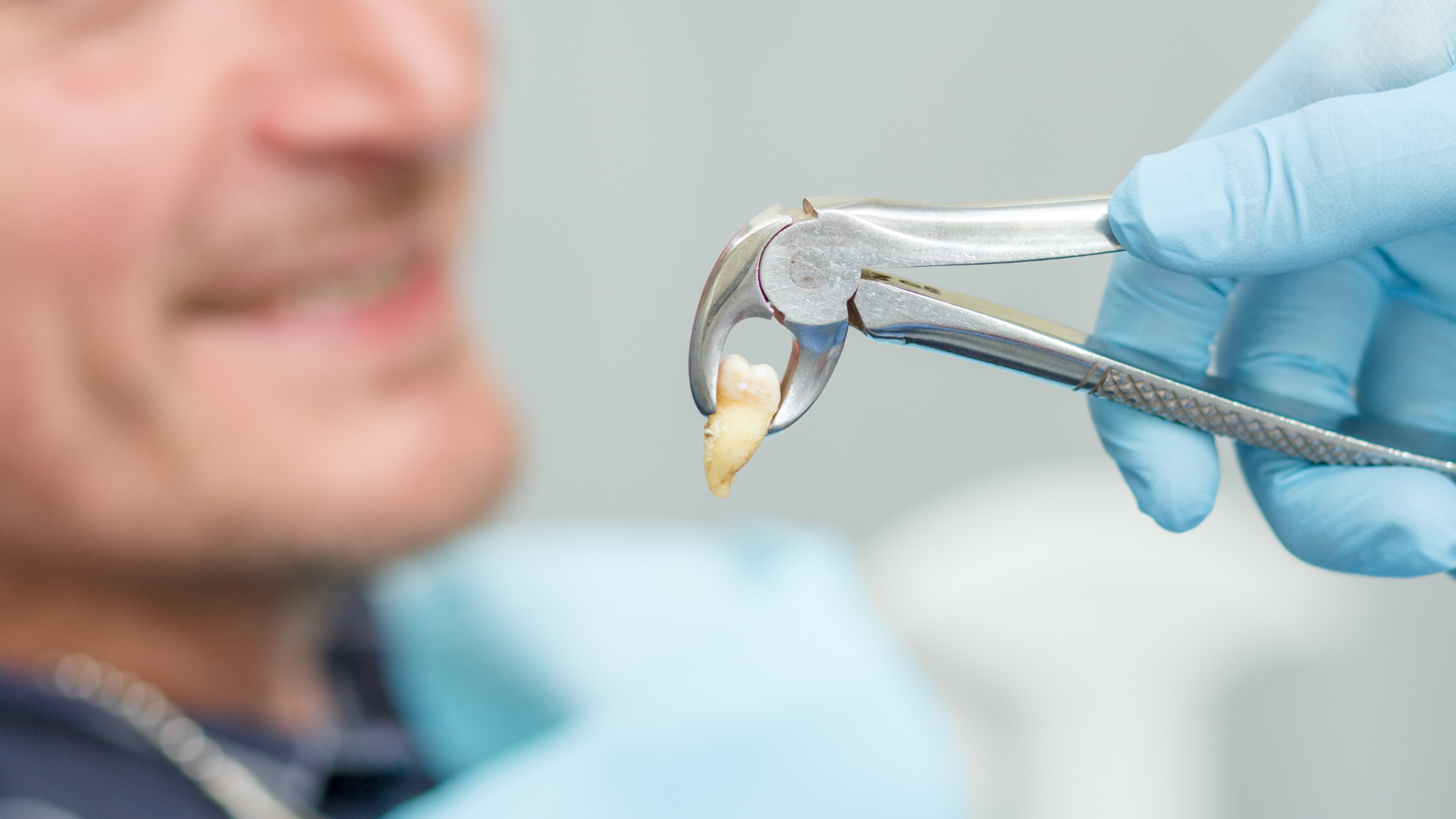Read More About: Dental Education, & Preventive Home Care
Introduction: Preventive dental services are essential for maintaining optimal oral health and preventing a range of dental health issues. From cavity prevention to early stage gum disease treatment, these services are designed to help patients avoid more extensive and costly dental work down the road. In addition to general preventive care, patients with certain medical conditions require specific care instructions to maintain good oral health. In this blog, we will explore some of the preventive dental services that we offer at our practice, including specific care instructions for patients with diabetes, heart disease, and during pregnancy.
Cavity Prevention:
One of the most important preventive dental services is cavity prevention. At our practice, we use fluoride treatments and sealants to protect teeth from decay and cavities. Patients with diabetes or heart disease may be at a higher risk of developing cavities and other dental health issues due to their medical conditions. For these patients, we may recommend more frequent dental cleanings and exams to monitor their oral health.
Early Stage Gum Disease Treatment: Another critical preventive dental service is early stage gum disease treatment. Patients with diabetes and heart disease are at a higher risk of developing gum disease, which can lead to tooth loss and other health problems. We work with our patients to develop a personalized treatment plan that may include more frequent cleanings, antibiotic therapy, and improved at-home oral hygiene practices.
Pregnancy:
Pregnant women also require specific dental care instructions to maintain good oral health. Hormonal changes during pregnancy can increase the risk of gum disease and other dental health issues. We recommend that pregnant women schedule a dental exam during the second trimester and continue to practice good oral hygiene, including brushing at least twice a day for at least two minutes, flossing daily, and using antibacterial rinses and toothpaste.
Conclusion:
Preventive dental services are essential for maintaining optimal oral health and preventing a range of dental health issues. Patients with certain medical conditions, such as diabetes, heart disease, and during pregnancy, require specific care instructions to maintain good oral health. At our practice, we work with our patients to develop personalized treatment plans that address their unique needs and help them achieve and maintain healthy, beautiful smiles for years to come. Don't wait until you experience pain or discomfort to visit your dentist – schedule a preventive dental appointment today and take control of your dental health.
